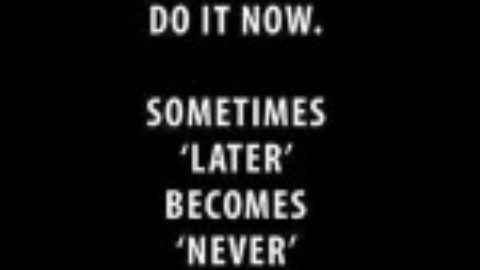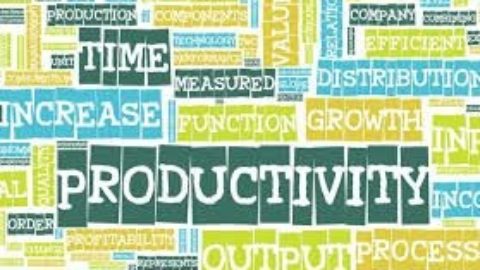I was recently invited to attend a client’s Steering Group Committee meeting to offer advice on how to strengthen the company’s project risk management disciplines. During the meeting I observed that three-quarters of attendees used their mobile telephones or laptops during the meeting. I acknowledge that emergencies arise and that some people use laptops to take notes or review soft copies of presentations. However, attendees surreptitiously sending or reading text messages or emails may result in them missing important information.
Many businesses waste countless hours on meetings that lack direction or focus, keep staff away from carrying out more productive tasks, or simply run too long.
The follow tips will help make your meetings more efficient and cost-effective.
 What’s your meeting’s primary goal?
What’s your meeting’s primary goal?
All meetings should have clear goals and a strong reason why they are necessary (rather than exchanging emails or having informal conversations). Your meeting should be focused – see if you can sum its purpose in six words or less.
Prepare a meeting agenda
Preparing an agenda will help keep you and your attendees on track throughout the meeting. If discussions are deviating from the agreed agenda, bring everyone back to the meeting’s primary purpose. Circulating your agenda in advance a few days beforehand will help attendees arrive prepared.
Only invite the right people
During the meeting I mentioned above two attendees sat for two hours and said and contributed nothing. The real cost of including colleagues in meetings if they have nothing to contribute can be costly. Invite only those people who will actively participate during your meeting. Scrutinise your attendees list to avoid people attending simply out of habit. The number of attendees invited should be limited to help ensure meetings remain structured and cost-effective.
 Be punctual and start on time
Be punctual and start on time
I admit that I’m “old-school”. Starting your meetings on-time is not only good discipline but shows you respect the time of those who turn up one time. Schedule your meetings for mid-mornings, rather than 08:30 on Mondays or 15:30 on Fridays which most people will find more helpful.
Keep your meetings brief
I aim to limit meetings to no more than forty minutes…often much less. Long meetings are unnecessary if they are focused and limited to agenda points. Stick to a short and sweet agenda and your colleagues will thank you for it.
Ban mobile ‘phones and other portable devices
Whilst it may seem uncomfortable at first, establishing and enforcing a “no text, no interruptions, or no emailing” policy will promote good meeting etiquette. It also conveys to other attendees that their time is valued and reduces the possibility of essential or important points being ignored.
















Wow, such common sense but how many of us put these simple ‘rules’ into practice?
Thanks for the advice!